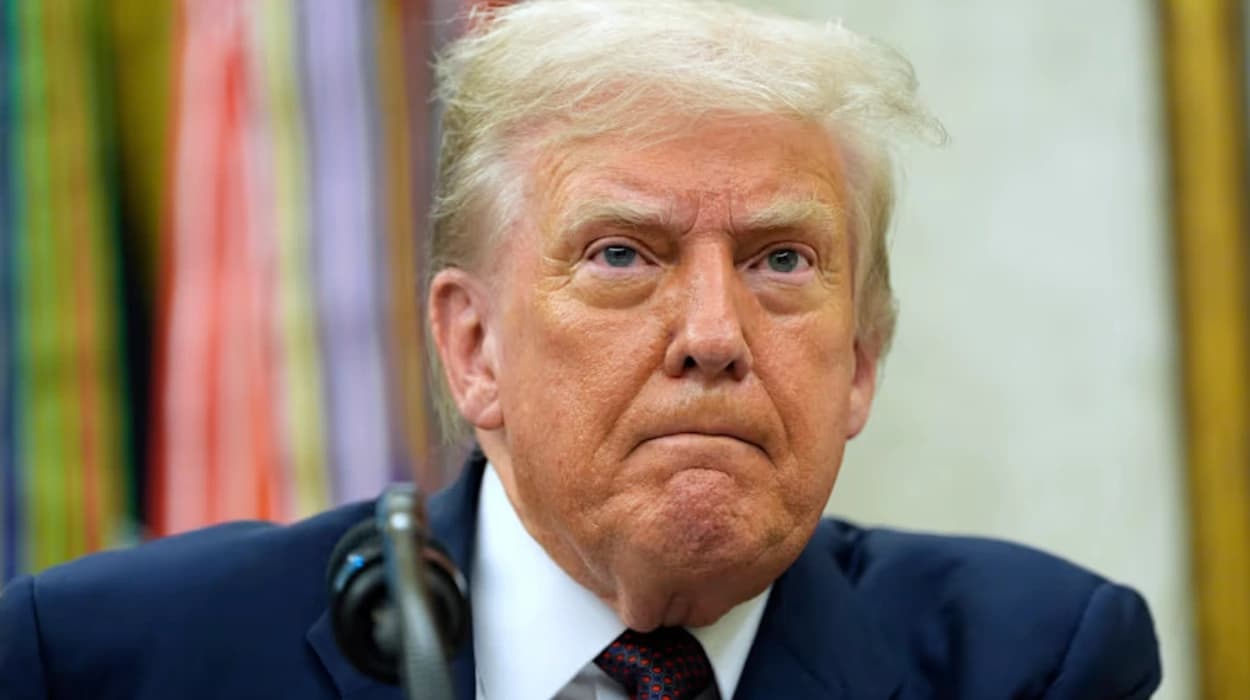Summary
- The US July 2025 budget deficit rose 20%.
- Tariff revenues increased customs duty to $21 billion.
- Receipts grew 2%, outlays increased 10%.
- Spending outpaced revenue, driving the deficit higher.
- Fiscal year deficit reached $1.629 trillion YTD.
The U.S. saw a 273% increase — or $21 billion — in customs revenue in July over the same period last year, the data showed.
According to a Treasury official previewing the statistics who spoke on condition of anonymity, rising interest payments on the national debt and cost-of-living hikes in Social Security benefits are just two of the expenses contributing to the overall increase in spending. This occurs once the gross national debt of the federal government approaches $37 trillion.
Despite Trump's claims that his increases in import taxes will make America richer, federal spending continues to exceed government revenue.
As businesses deplete their pre-tariff inventory, they may be forced to import more items and produce even more tax revenues, which might gradually reduce the deficit without actually lowering it as promised.
Some economists, such as Kent Smetters of the University of Pennsylvania's Penn Wharton Budget Model, believe that tariffs will likely lead to "only modest reductions in federal debt," despite groups like the Committee for a Responsible Federal Budget stating that tariff income can be a stream of meaningful revenue — estimated to generate about $1.3 trillion over the course of President Trump's four-year term in office.
According to a June estimate by the Congressional Budget Office, President Donald Trump's comprehensive tariff plan would reduce deficits by $2.8 trillion over a ten-year period, but it would also cause the economy to contract, inflation to rise, and household purchasing power to decline. However, because the president has frequently altered his tariff rates, income projections are likewise unpredictable.
Trump posted on his Truth Social platform that he signed the executive order for the extension, and that “all other elements of the Agreement will remain the same.” Beijing, at the same time, also announced the extension of the tariff pause, according to the Ministry of Commerce.
Why did the deficit increase despite record tariff revenues from Trump tariffs?
Customs duty revenues from tariffs surged to about $28 billion in July, a 273% increase compared to the same month last year, driven by higher tariff rates. This brought a significant boost in revenue that month.
However, total federal expenditures for July soared by 10% year-over-year, reaching a record $630 billion, which far outpaced the revenue increase.
Revenues overall rose only by about 2%, or $8 billion, to $338 billion, meaning spending growth dwarfed revenue gains.

